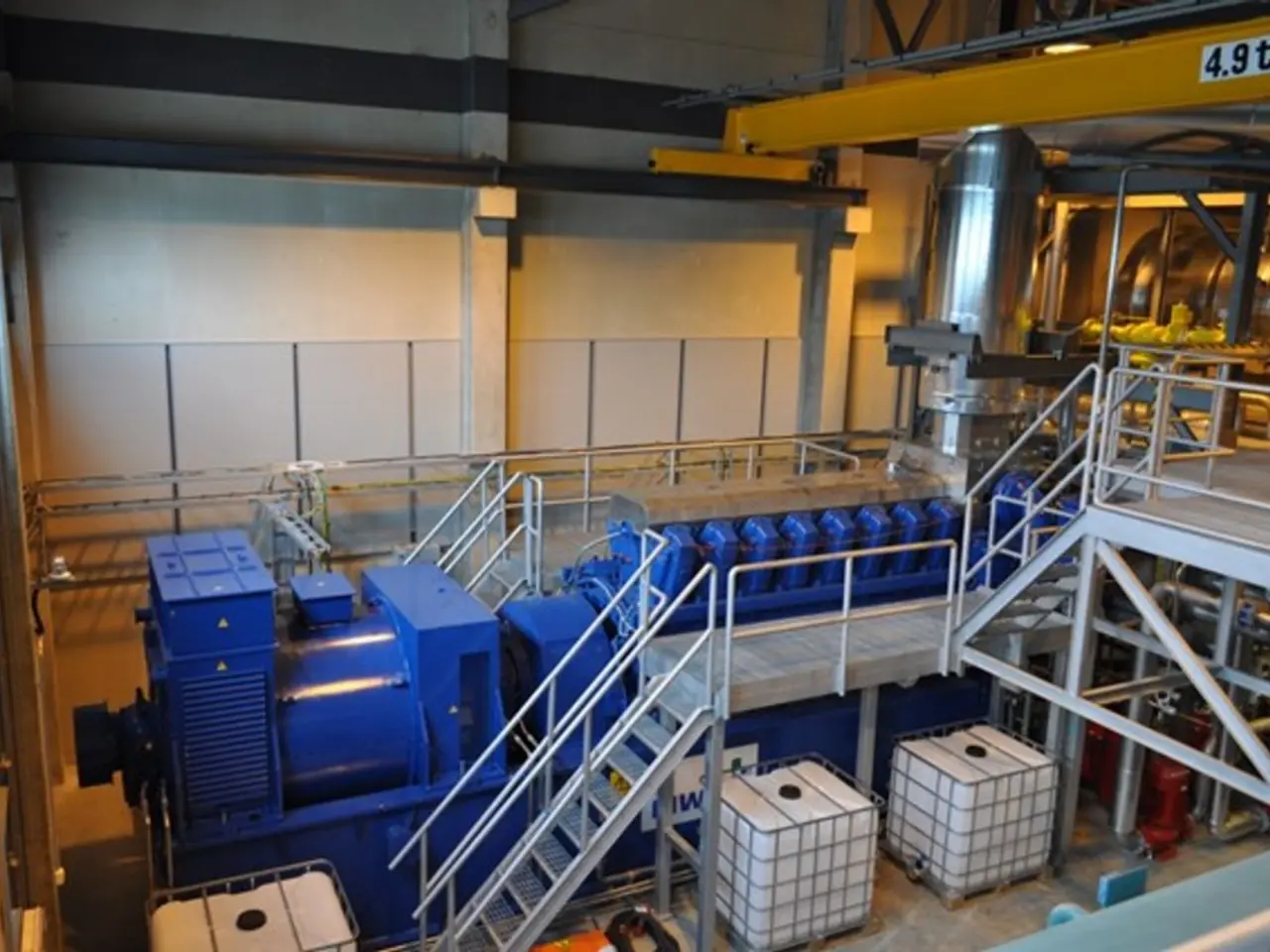Condominium owners with larger flats are now obliged to contribute more towards maintenance costs under the 1970 Act, as ruled by the Bombay High Court.
In a significant ruling, the Bombay High Court has confirmed that larger apartment owners in residential condominiums governed by the Maharashtra Apartment Ownership Act, 1970, must pay higher maintenance charges due to their larger share in common property.
The decision was made in response to a petition filed by owners of 3BHK and 4BHK flats in Treasure Park, a Pune-based condominium. The petitioners had challenged a 2021 order of the Deputy Registrar of Co-operative Societies directing that maintenance charges be levied based on each apartment's size.
The legal basis for this requirement lies in Section 10 of the Maharashtra Apartment Ownership Act, 1970, which mandates that maintenance charges must be levied in proportion to each apartment owner’s undivided share in the common property. Since larger apartments entail a larger undivided share in common areas, their owners are liable to pay higher maintenance costs accordingly.
The petitioners' counsel, Senior Advocate Atul Damle, argued that the Deputy Registrar had no jurisdiction under the Apartment Act. However, the court dismissed this argument, reiterating that both the statute and the condominium’s declaration documents require maintenance charges to be calculated according to the proportional undivided interest of the apartment owners. The court explicitly ruled that this statutory requirement cannot be overridden by resolutions that seek to impose equal maintenance charges regardless of apartment size.
The respondents' counsel, Khushnumah Banerjee, emphasized government notifications delegating powers to the Deputy Registrar. The Deed of Declaration registered under the Maharashtra Apartment Ownership Act, 1970, also grants higher voting rights to owners of larger flats and explicitly states that common expenses must be shared based on the size of each unit.
The petitioners had benefited for years under an unequal system but argued that the order was passed without hearing them and lacked a legal basis. They also contended that the maintenance was used for facilities equally accessed by all residents and that the existing general body resolutions allowed equal maintenance charges.
However, the Bombay High Court concluded that the petitioners cannot obstruct the implementation of the statutory provisions regarding maintenance charges. The court denied bail to ex-BJP MLA Ganpat Gaikwad in the Ulhasnagar firing case inside a police station, but this fact is not related to the main topic and was not included in the petition.
The Deputy Registrar accepted the petitioners' plea and instructed the condominium to switch to a proportionate billing system. The registered Deed of Declaration, if the petitioners' case is accepted, would be a nullity in law.
This legal framework contrasts with cooperative housing societies governed by the Maharashtra Ownership Flats Act, 1971, where equal maintenance charges per flat are common. But under the 1970 Act, maintenance charges are linked directly to the share of common property ownership, which aligns with the apartment size.
In essence, the court ruling underscores the importance of proportionality in the distribution of common expenses among apartment owners in condominiums governed by the Maharashtra Apartment Ownership Act, 1970. The ruling is expected to have a significant impact on similar disputes in the future.
In light of the ruling, larger apartment owners in condominiums governed by the Maharashtra Apartment Ownership Act, 1970, must pay maintenance charges that reflect their larger share in common property, which can be considered a financial implication for such owners. Furthermore, the court's decision emphasizes the importance of this financial distribution being proportionate and reiterates that it must align with each apartment owner’s undivided share in common property.
This legal requirement to pay higher maintenance costs based on apartment size can significantly affect the financial aspects of running a business, as condominiums are a form of shared business entities where common areas and expenses are shared among the owners.




